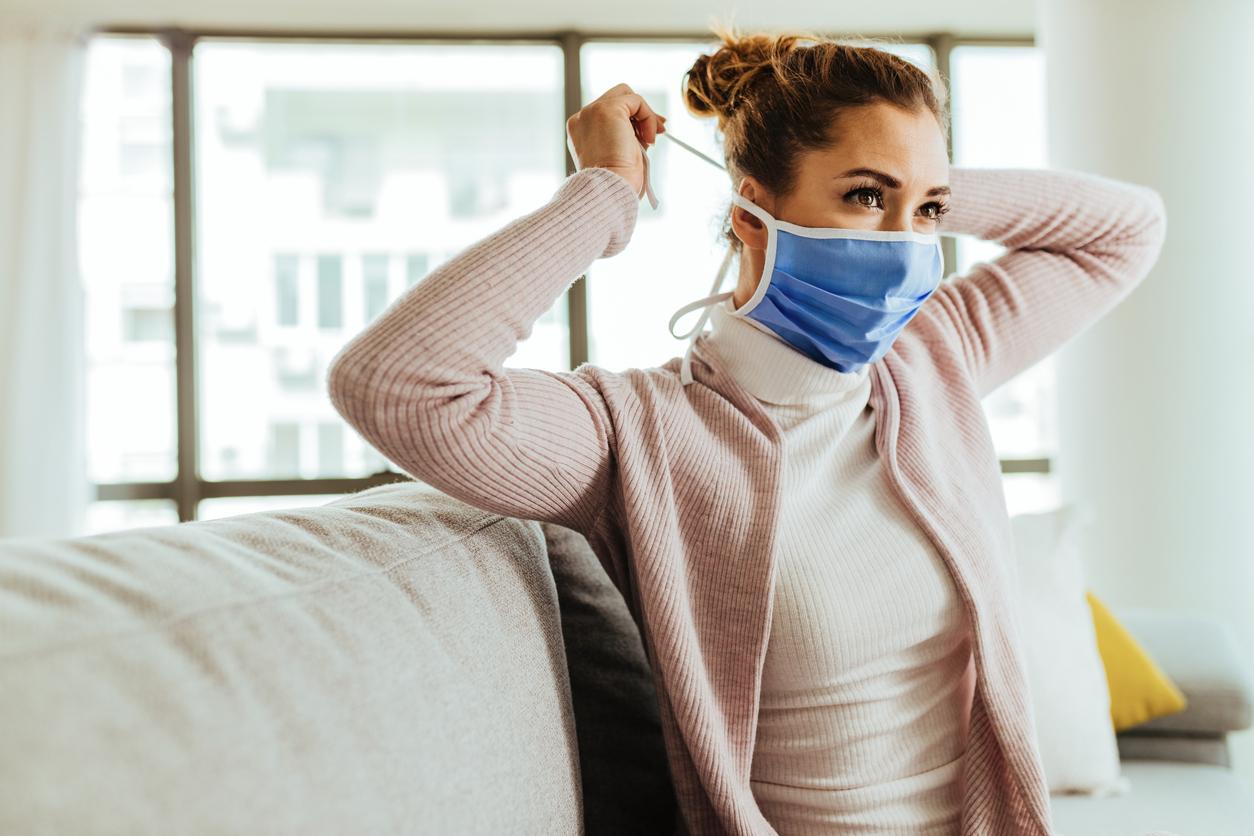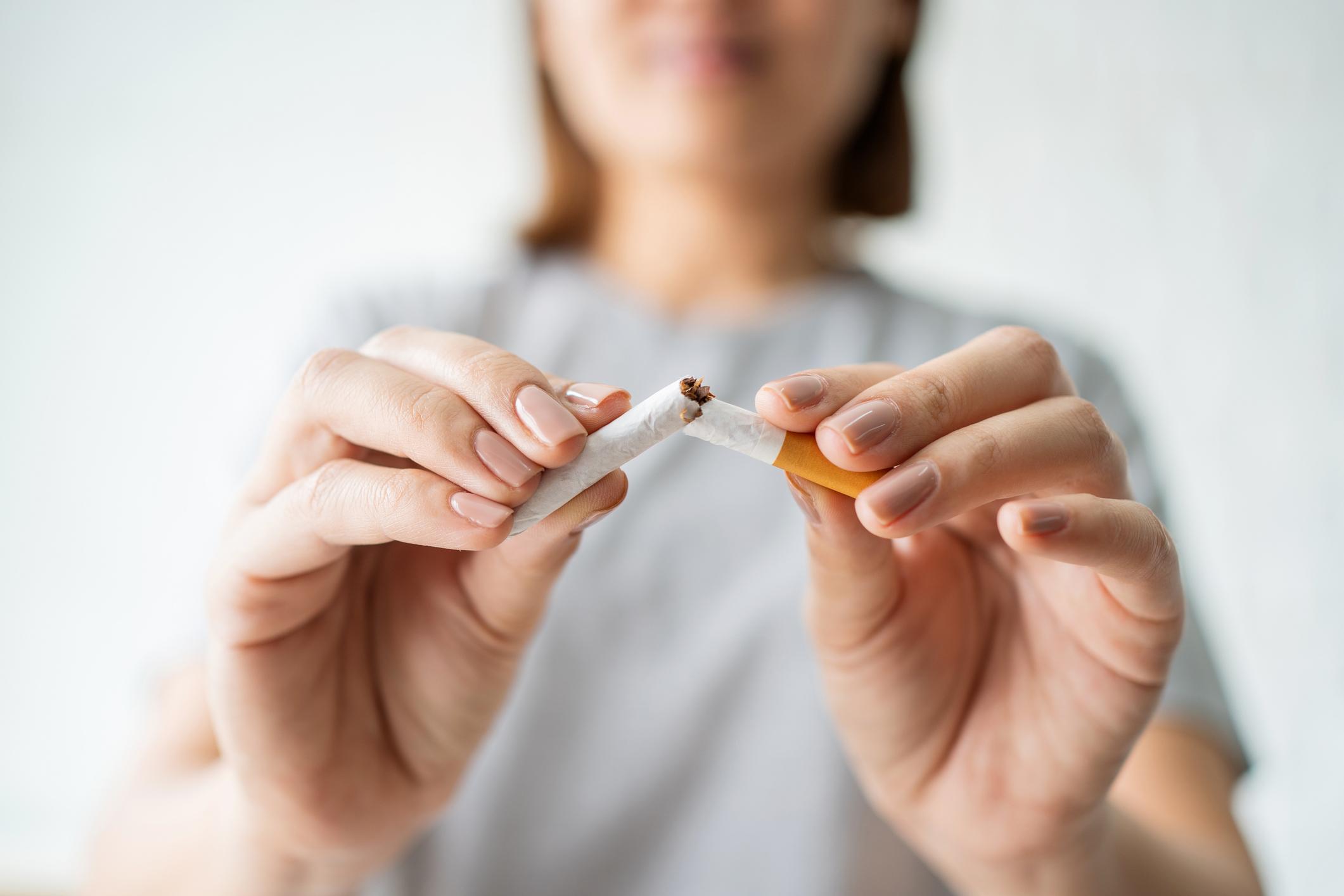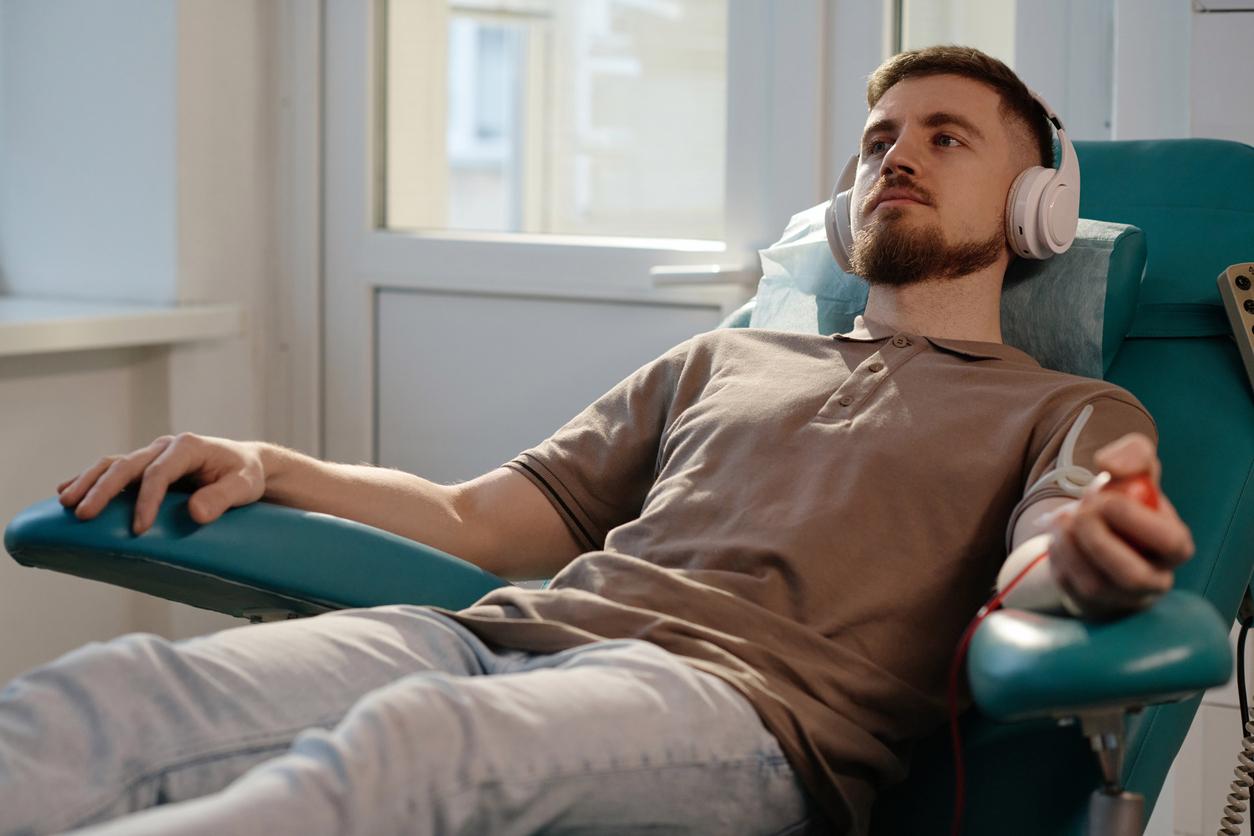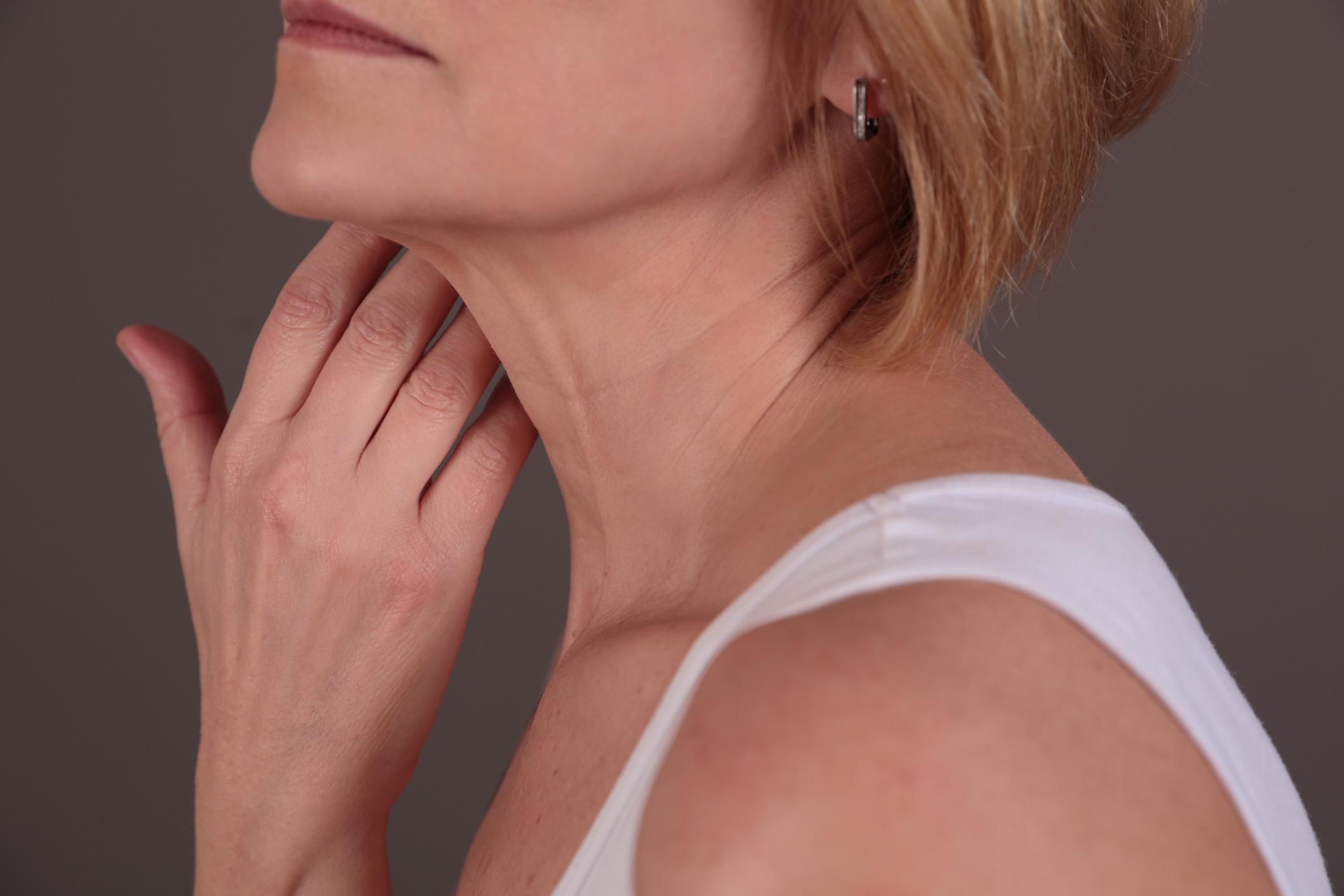France is only in 25th place in a ranking that takes into account 33 health performance indicators, in 188 countries.

No, France is not the promised land of health. In fact, to be in the best sanitary conditions, it is better to live in Iceland. This is the observation to be drawn from a study published in the Lancet, which performs a ranking of countries in the field of health.
The work was carried out by the American Institute for Health Measurements and Evaluations (IHME) in Seattle, and funded by the Bill & Melinda Gates Foundation. This is the first annual assessment of health performance against the United Nations Sustainable Development Goals (SDGs / SDGs).
Infant and maternal mortality
To achieve a ranking of states, the researchers established a score based on a complex index including 33 health indicators. The aim is to measure the progress made by these countries between 1990 and 2015. Each of the indicators is rated from 0 to 100.
In this ranking, 188 countries were evaluated. Iceland leads the way. In fifth place, we find the United Kingdom, followed by Spain (7th) of Canada (9th). France comes in 24th place, the United States in 28th and China in 92nd. The Central African Republic comes last on this list, preceded by Somalia and South Sudan.
Progress varies widely depending on the indicators. Thus, more than 60% of countries have already reached the targets of reduction in maternal mortality by 2030 (less than 70 deaths per 100,000 live births) and infant mortality (25 deaths per 1,000 live births). In contrast, no country has succeeded in completely eliminating diseases such as tuberculosis.
France: can do better
Overall, the world has made progress in improving infant and maternal survival, as well as access to contraception, according to this ranking. But it is still a long way from achieving the United Nations objectives in the fight against overweight children which tends to worsen, domestic violence or alcohol abuse.
As for the health risks linked to unsafe drinking water and poor hygienic conditions, the global trend is downward, which is to be expected. In addition, significant progress has been made in access to essential health services, such as antiretroviral therapy (anti-HIV) and mosquito nets to prevent malaria.
In this ranking, France appears to be penalized by a fight against smoking that is much less proactive than that deployed in Singapore (2nd in the general ranking), Iceland (1st), or Sweden (3rd). The country also suffers from a rate of “deaths due to collective violence”, which can be explained by the attacks of last year. On the contrary, the French score for interpersonal violence (crime, manslaughter, etc.) appears rather better than that of several countries which precede it in this ranking.
United States: too much inequality
The United States, meanwhile, is in 28th place, just ahead of Estonia. The country owes its relatively poor performance to indicators relating to deaths due to personal violence, HIV, alcohol consumption, overweight children and suicides. Its poor scores in terms of maternal and infant mortality, compared to other rich countries, reflect inequalities in access to quality care, the study said.
Finally, despite rapid economic growth, India is ranked 143e place, just behind Comoros and Ghana.
.















